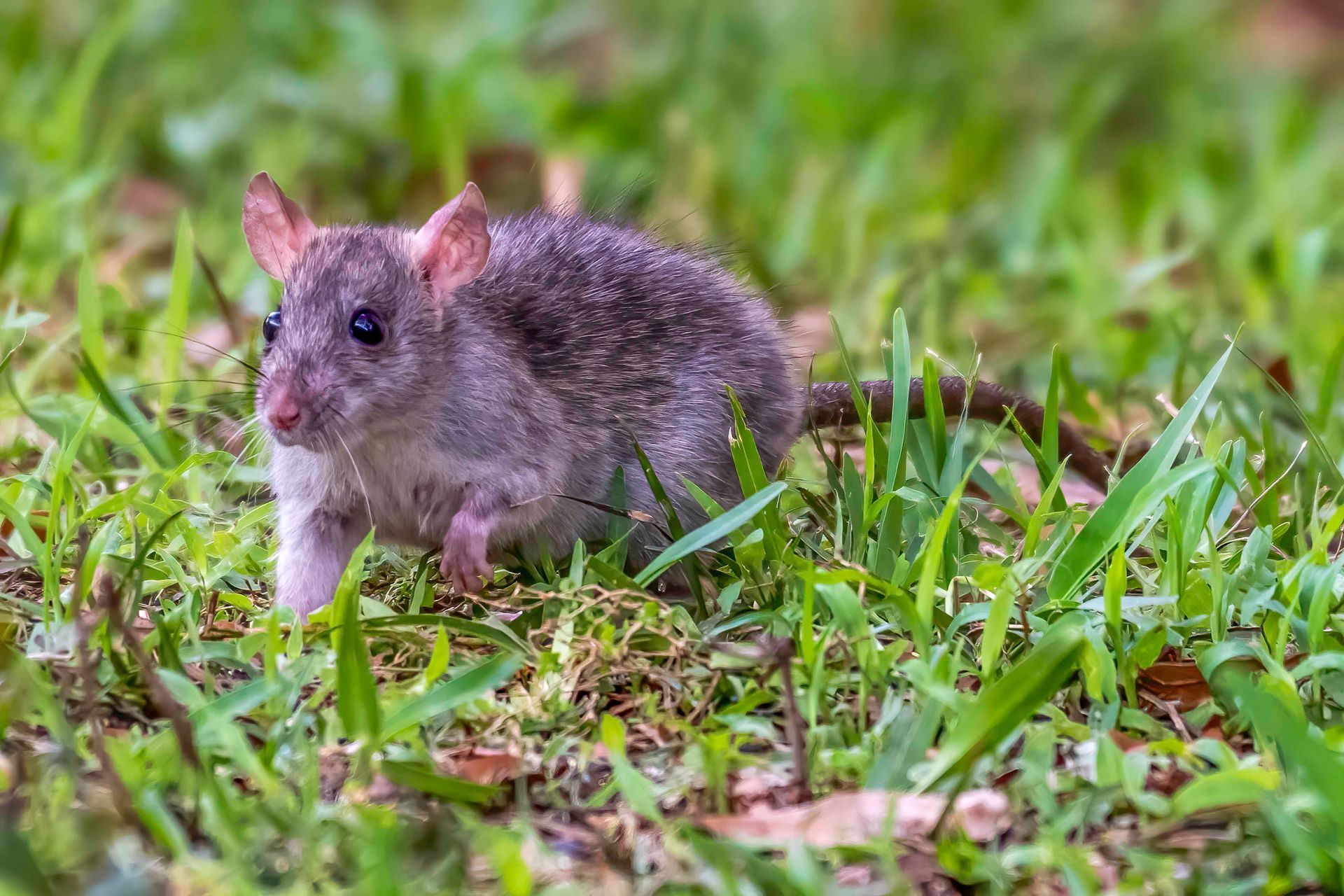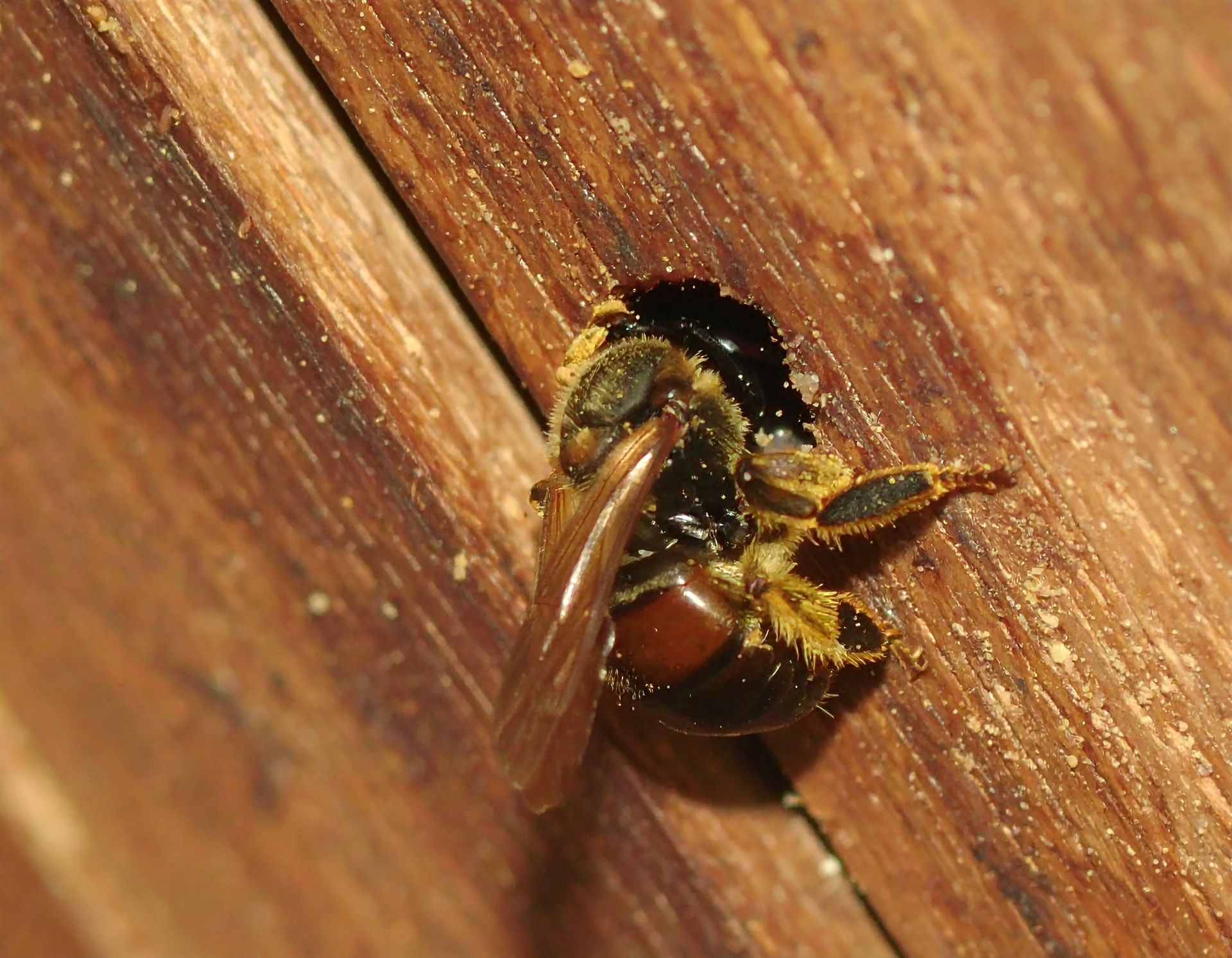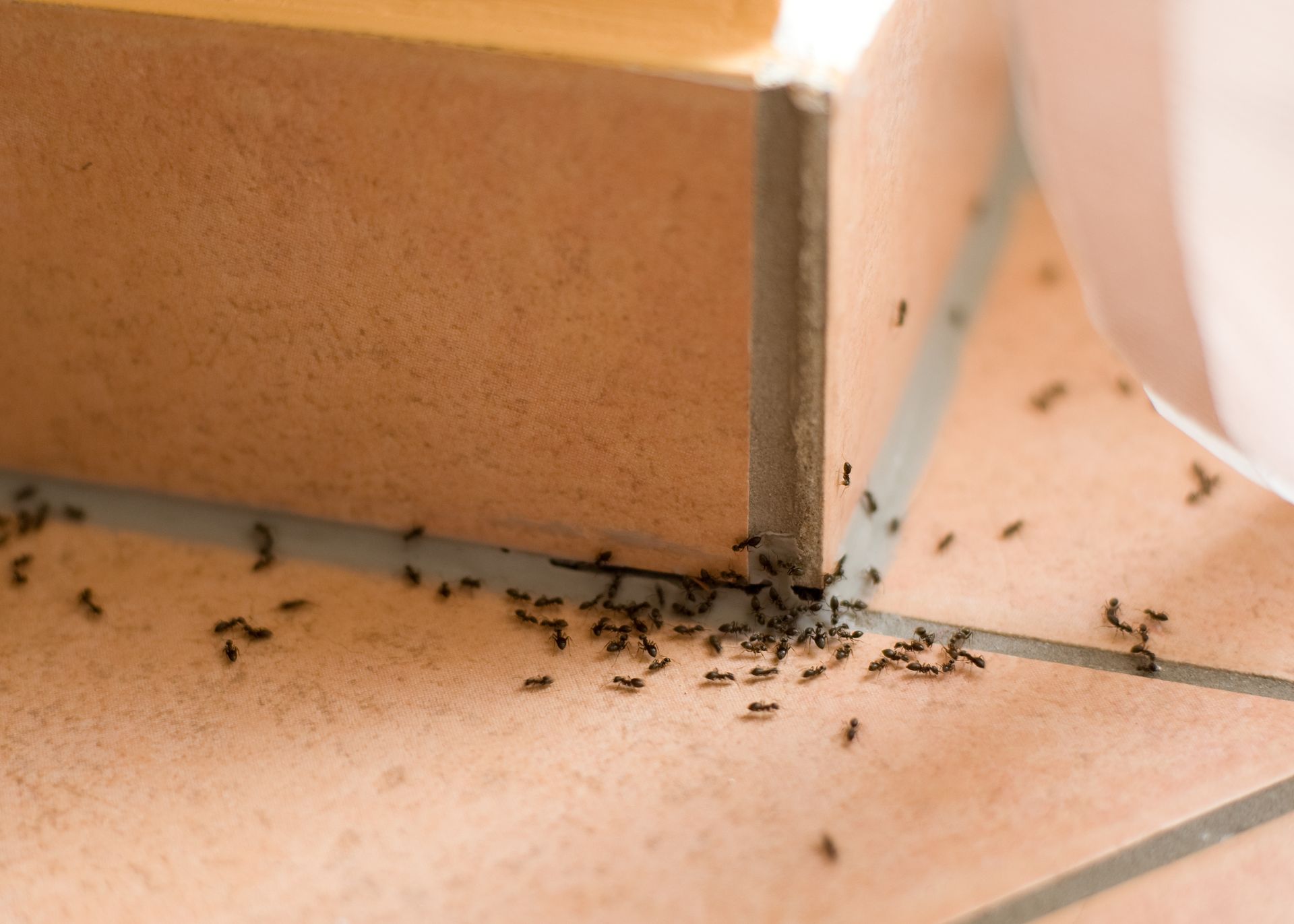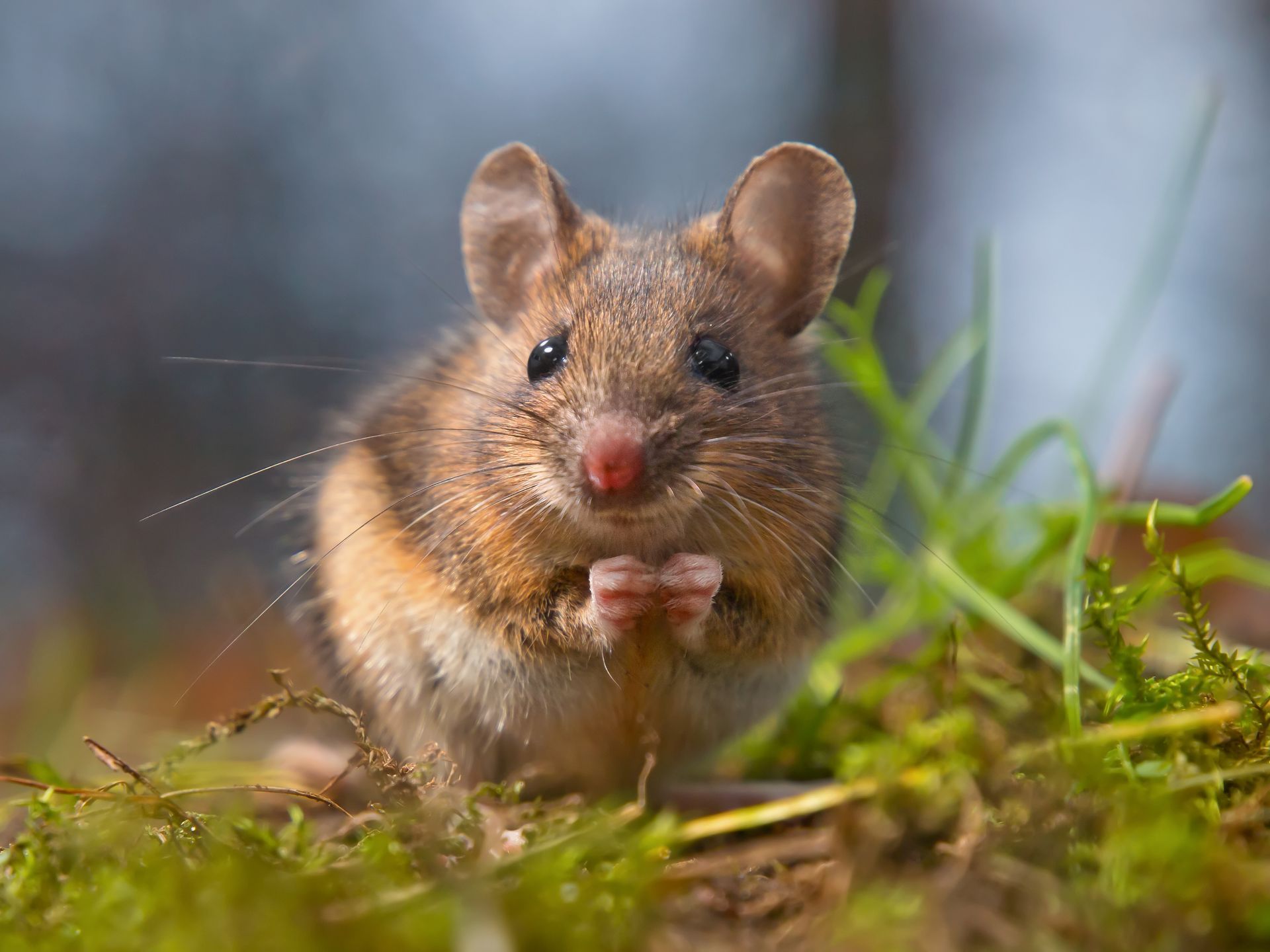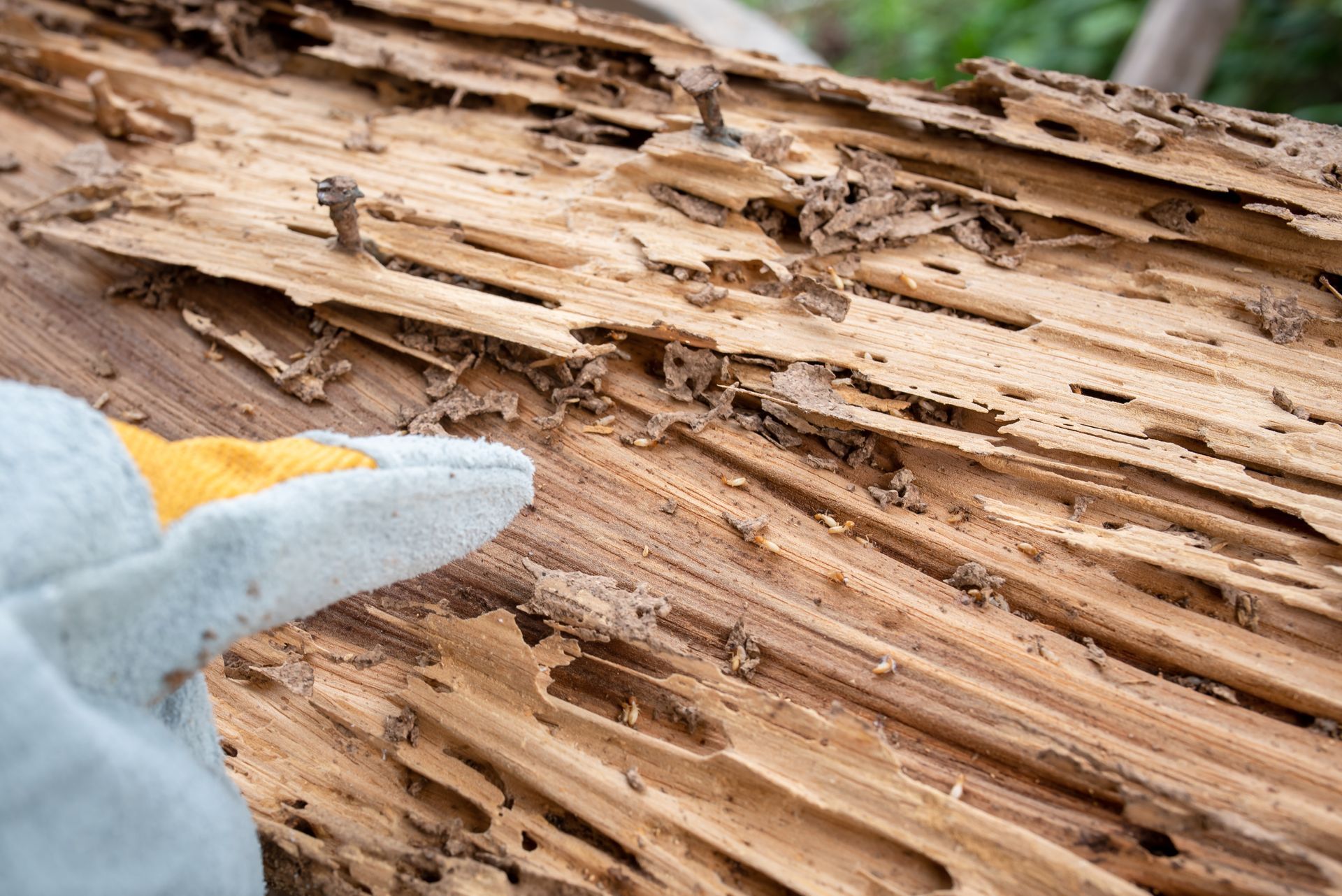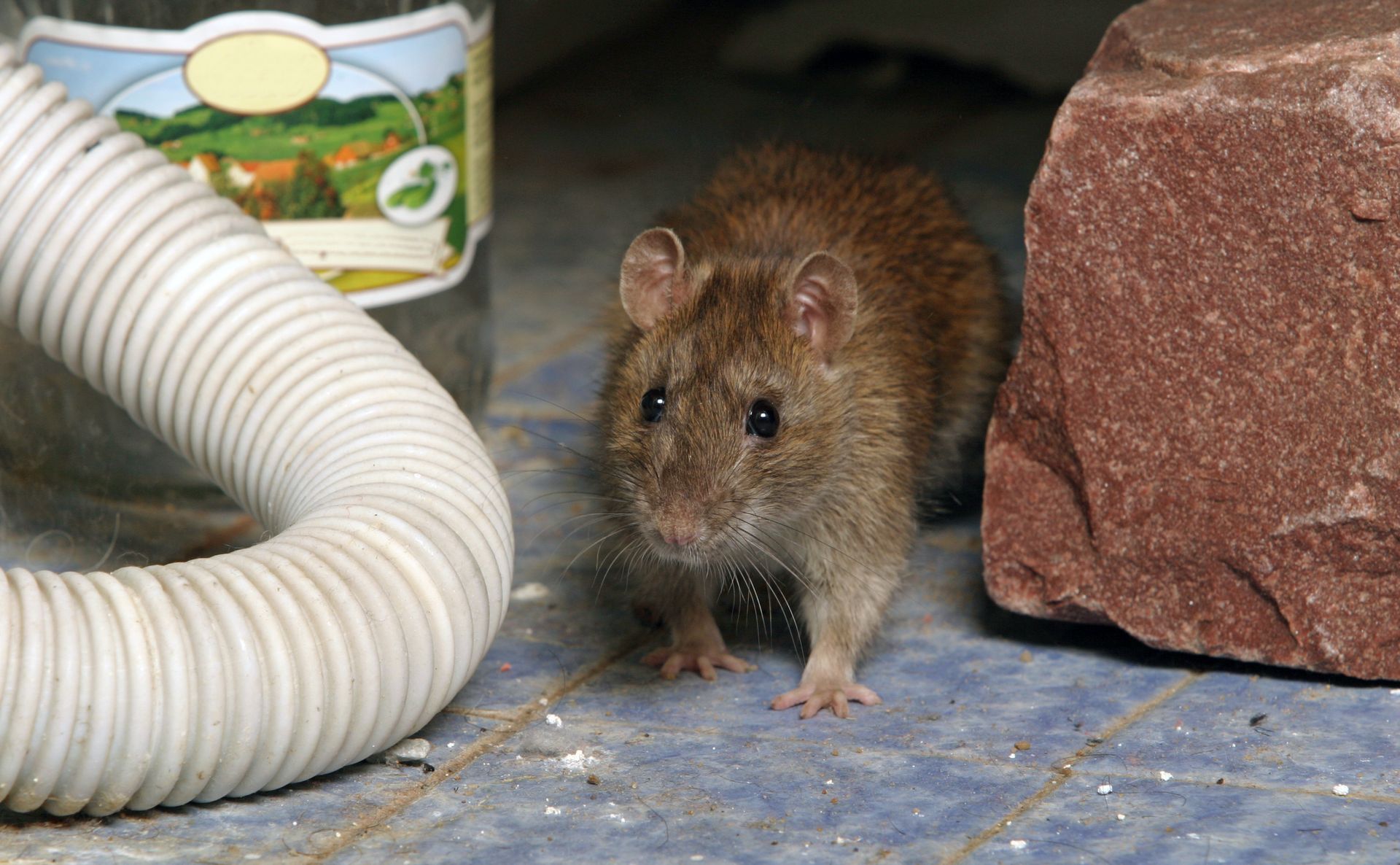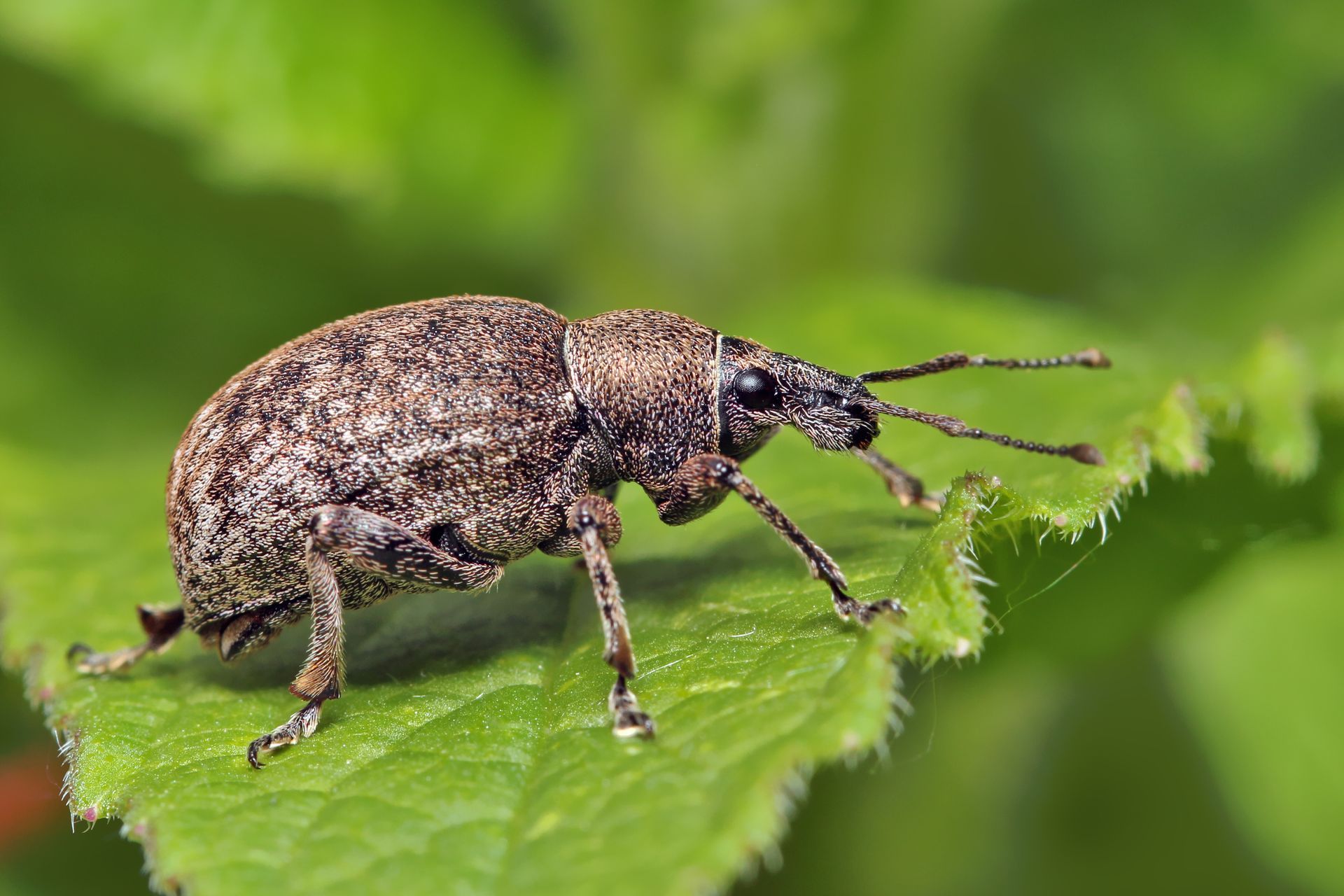Rodent-Proofing Your Garden: Essential Strategies to Prevent Damage to Plants and Vegetables

Rodents like rats, mice, and squirrels can wreak havoc on your garden, causing significant damage to plants, vegetables, and even the garden infrastructure itself. These pests are not only a nuisance, but they also pose health risks. They can quickly turn your flourishing garden into a devastated landscape. To safeguard your hard work and ensure a thriving, pest-free environment, rodent-proofing your garden is essential.
Understanding the Threat: Why Rodents Are Attracted to Gardens
Before diving into rodent-proofing strategies, it's essential to understand why rodents are drawn to gardens in the first place. Gardens provide abundant food, shelter, and nesting materials, making them an ideal rodent habitat. Here are some of the main attractions for these pests:
- Food Sources: Rodents are highly attracted to vegetables, fruits, nuts, seeds, and even certain plants. They are especially drawn to gardens with crops like tomatoes, pumpkins, and beans.
- Shelter and Nesting Sites: Thick vegetation, compost piles, woodpiles, and garden debris offer ideal hiding and nesting spots for rodents. Gardens with dense foliage and clutter provide the cover rodents need to feel safe.
- Water: Rodents need a water source, and gardens with birdbaths, ponds, or even a leaky hose can provide the hydration they need.
Understanding these factors helps develop a comprehensive rodent-proofing strategy tailored to your garden's needs.
Essential Strategies for Rodent-Proofing Your Garden
1. Secure Your Perimeter
The first line of defense against rodents is to create a secure boundary around your garden. Here's how to effectively secure your garden's perimeter:
- Install Fencing: A sturdy fence keeps larger rodents like rabbits and groundhogs out. Use metal mesh with a small gauge (less than 1/4 inch) to prevent smaller rodents from squeezing through. To prevent rodents from digging underneath, the fence should be buried at least 12 inches underground.
- Seal Gaps and Holes: Inspect your garden for gaps or holes in the fence, walls, or ground. Use hardware cloth or steel wool to seal these openings. Regularly check for new entry points and address them promptly.
- Plant Barrier Plants: Certain plants, such as peppermint, garlic, and lavender, are known to repel rodents. Planting these around the perimeter of your garden can serve as a natural deterrent.
2. Keep Your Garden Clean and Tidy
A well-maintained garden is less attractive to rodents. Clutter and debris provide hiding spots and nesting materials, so keeping your garden clean and organized is crucial.
- Remove Garden Debris: Regularly clear away fallen leaves, twigs, and other plant debris. Dispose of old plant material, and ensure that compost piles are well-managed and located away from your garden.
- Properly Store Firewood and Other Materials: To reduce rodent hiding spots, store firewood, lumber, and other materials at least 18 inches off the ground and away from your garden.
- Prune Overgrown Vegetation: Trim back bushes, shrubs, and trees that provide cover or easy access to your garden. Keep the grass short and eliminate dense undergrowth.
3. Protect Your Plants
Rodents are notorious for gnawing on plants and vegetables, so protecting your garden's greenery is crucial.
- Use Plant Covers and Netting: Use mesh or netting to cover vulnerable plants and vegetables, especially during peak rodent activity. This physical barrier prevents rodents from accessing crops, allowing sunlight and water to reach the plants.
- Install Row Covers: Floating row covers can protect entire rows of crops from rodents. These covers are made from a lightweight fabric that can be draped over plants, creating a barrier while allowing air, water, and light to pass through.
- Employ Raised Beds: Garden beds can deter rodents, especially when combined with other protective measures. Lining the bottom of the bed with hardware cloth can prevent burrowing rodents from accessing your plants from below.
4. Manage Food Sources
Limiting food availability is one of the most effective ways to deter rodents from your garden.
- Harvest Promptly: Regularly harvest ripe fruits and vegetables, as leaving them on the vine or ground can attract rodents. Keep an eye on fallen produce and remove it immediately.
- Store Pet Food and Birdseed Securely: If you keep pet food or birdseed in your garden, store it in rodent-proof containers with tight-fitting lids. Avoid leaving food out overnight.
- Compost Wisely: Rodents are attracted to compost, mainly if it contains food scraps. To prevent them from making a home in your compost pile, use a rodent-proof compost bin and avoid adding meat, dairy, or oily foods.
5. Use Natural Rodent Repellents
Incorporating natural repellents into your garden routine can help deter rodents without harming your plants or the environment.
- Peppermint Oil: Rodents dislike the strong smell of peppermint. Soak cotton balls in peppermint oil around your garden, particularly near entry points and vulnerable plants.
- Garlic and Onion Spray: A homemade spray made from garlic and onion can effectively repel rodents. Boil crushed garlic and onions in water, strain the mixture, and spray it on your plants.
- Predator Urine: Some gardeners use predator urine, such as that of foxes or coyotes, to deter rodents. This method instills fear in the pests, making them believe a predator is nearby.
6. Introduce Natural Predators
Encouraging natural predators in your garden can help keep the rodent population under control.
- Attract Birds of Prey: Owls, hawks, and other birds of prey are natural predators of rodents. Install perches, birdhouses, and birdbaths to attract these birds to your garden.
- Invite Cats: Cats are excellent hunters and can help reduce rodent populations. If you don't have a cat, consider fostering a feral cat through a local Trap-Neuter-Return (TNR) program. These cats can live outdoors and help keep rodents at bay.
- Encourage Snakes: Not everyone is comfortable with snakes, but they are effective rodent predators. Non-venomous garden snakes can help keep your garden free of mice and rats.
7. Consider Humane Trapping
Humane trapping can be an effective solution if you're dealing with a significant rodent problem.
- Choose Live Traps: Opt for live traps that capture rodents without harming them. Once captured, relocate the rodents far away from your garden to prevent them from returning.
- Place Traps Strategically: Place traps along the garden perimeter, near entry points, or where rodent activity is high. Use bait such as peanut butter, seeds, or fruit to lure rodents into the traps.
- Check Traps Regularly: Monitor the traps daily to ensure trapped rodents are released promptly. Regular checks also allow you to reposition traps as needed.
Long-Term Maintenance: Keeping Rodents Out for Good
Rodent-proofing your garden is a task that takes time to complete. It requires ongoing maintenance and vigilance to ensure that your garden remains rodent-free. Here are some long-term strategies to consider:
- Regular Inspections: Conduct routine inspections of your garden, checking for signs of rodent activity such as droppings, gnaw marks, or burrows. Address any issues immediately to prevent a more significant infestation.
- Seasonal Adjustments: As the seasons change, so do rodent behaviors. Rodents may seek shelter in your garden in colder months, so adjust your strategies accordingly. For example, you should reinforce barriers or increase the use of natural repellents.
- Community Involvement: Rodent control is often more effective as a community effort. Work with your neighbors to keep the entire area rodent-free by sharing tips and resources and maintaining cleanliness.
Call Killo Exterminating Co., Inc. For Rodent Exterminating
Rodent-proofing your garden is crucial to safeguarding your plants, vegetables, and the overall health of your outdoor space. While the strategies outlined here—such as securing your garden's perimeter, maintaining cleanliness, protecting your plants, and using natural repellents—are effective, they can be time-consuming and challenging to implement independently. Consider partnering with Killo Exterminating Co., Inc. for a comprehensive and professional solution.
Killo Exterminating Co., Inc. specializes in pest control and rodent-proofing, offering expert services tailored to your garden's unique needs. Their team of professionals can help you design and implement a customized plan to keep your garden thriving and rodent-free year-round. Don't leave your garden's health to chance—contact Killo Exterminating Co., Inc. today and enjoy peace of mind knowing your garden is in expert hands.
